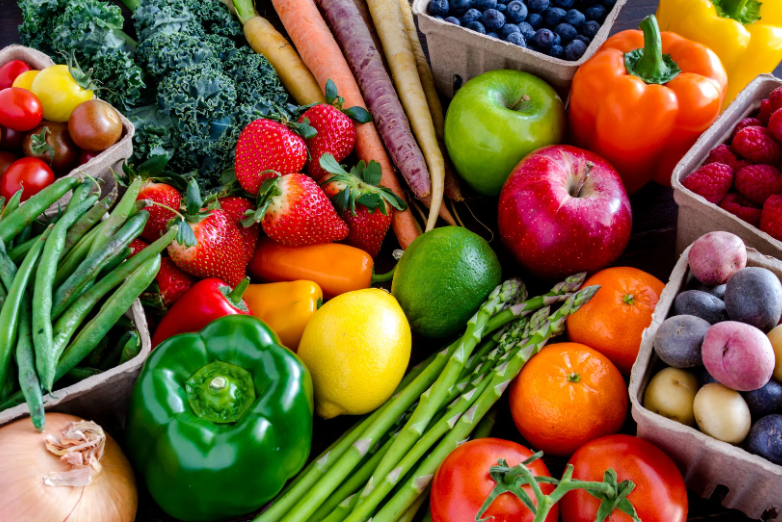
What Should Pregnant Women Eat and What Should They Avoid?

Pregnancy is a transformative journey, marked by significant changes in a woman's body. One of the most crucial aspects of ensuring a healthy pregnancy is proper nutrition. The right foods can support the growth and development of the baby and keep the mother healthy. Conversely, certain foods can pose risks to both the mother and the developing fetus. Here’s a guide on what to eat and what to avoid during pregnancy.
Foods to Eat
Fruits and Vegetables
Why: Rich in essential vitamins, minerals, and fiber.
Tips: Aim for a variety of colors and types to get a broad range of nutrients

Lean Proteins
Why: Essential for the growth of fetal tissues, including the brain.
Sources: Chicken, turkey, fish (low in mercury), eggs, beans, and legumes.

Whole Grains
Why: Provide energy and are high in fiber, which can help with digestion.
Sources: Brown rice, oatmeal, whole wheat bread, and quinoa.

Dairy Products
Why: High in calcium and vitamin D, important for bone development.
Options: Milk, cheese, and yogurt. Opt for low-fat or fat-free versions when possible.

Healthy Fats
Why: Crucial for the baby’s brain development.
Sources: Avocados, nuts, seeds, and olive oil.

Hydration
Why: Essential for maintaining amniotic fluid levels and overall health.
Tips: Drink plenty of water and consider herbal teas and fresh fruit juices for variety.
Foods to Avoid

Raw or Undercooked Seafood and Eggs
Risks: Can contain harmful bacteria or parasites.
Examples: Sushi, raw oysters, and lightly cooked eggs.

High-Mercury Fish
Risks: Mercury can harm the developing nervous system of the fetus.
Examples: Shark, swordfish, king mackerel, and tilefish.

Unpasteurized Dairy Products
Risks: May contain listeria, which can cause miscarriage or other severe health issues.
Examples: Certain cheeses like Brie, Camembert, and Roquefort unless labeled as pasteurized.

Deli Meats and Processed Foods
Risks: Can harbor listeria and are often high in preservatives and sodium.
Examples: Hot dogs, luncheon meats, and certain pre-packaged foods.

Caffeine
Risks: High levels can increase the risk of miscarriage.
Guideline: Limit to about 200 mg per day (approximately one 12-ounce cup of coffee).

Alcohol
Risks: Can lead to fetal alcohol syndrome and other developmental disorders.
Guideline: There is no known safe amount of alcohol during pregnancy, so it’s best to avoid it entirely.

Excessive Sugar and Artificial Sweeteners
Risks: Can lead to gestational diabetes and excessive weight gain.
Examples: Soft drinks, sweets, and certain “sugar-free” products containing aspartame or saccharin.
Additional Tips
- Frequent, Balanced Meals: Eating small, balanced meals throughout the day can help manage nausea and ensure consistent nutrient intake.
- Prenatal Vitamins: These can help fill any nutritional gaps. Always consult with a healthcare provider before starting any supplement.
- Listen to Your Body: Cravings and aversions are common. While it’s okay to indulge occasionally, focus on maintaining a balanced diet.
By paying attention to what you eat, you can help ensure a healthier pregnancy for both you and your baby. Remember to consult with your healthcare provider for personalized advice tailored to your specific needs.
Enjoyed this post? Share it with others! Join our community for weekly tips and updates on new releases and exclusive events. Stay in the loop with Ruuji.


